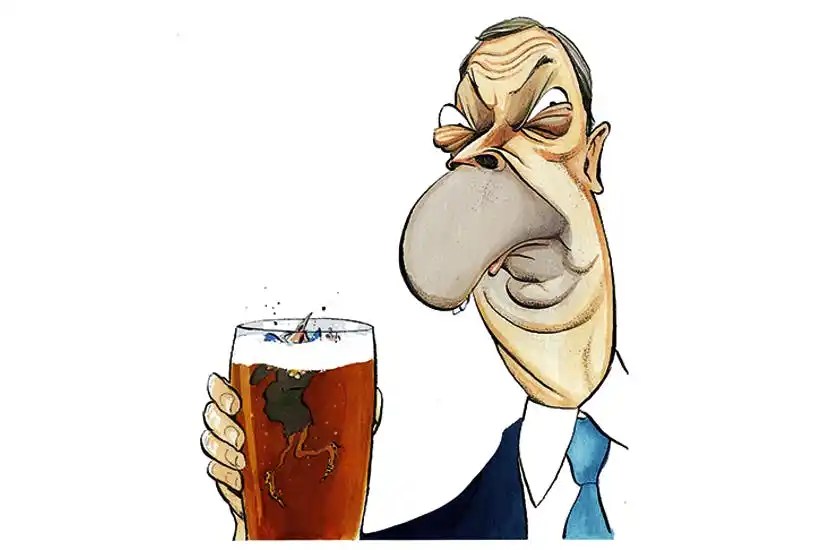Someone near the top of government – let us give him the random alias Heremy Junt – is stoking the idea that post-Brexit trading arrangements with the EU constitute a disastrous impediment to UK economic growth. Heremy himself, or perhaps an authorised senior aide, has just briefed the Sunday Times that the way ahead could be to dump Boris Johnson’s Brexit deal and replace it with a ‘Swiss-style’ arrangement with Brussels.
Switzerland pays an annual fee to the European Commission in return for single market access almost identical to that enjoyed by EU member states. It also accepts the single market regulatory framework, including a decisive role for the European Court of Justice and the free movement of people.
Now if we suppose that Heremy sits for a prosperous home counties constituency that voted heavily for Remain in 2016, one can see why flying this kite might work well for him personally. It is also undoubtedly true that the Trade & Cooperation Agreement (TCA) reached between Johnson’s administration and the European Commission has disadvantaged some UK companies compared to the frictionless arrangements that preceded it.
The notion of the Tories envisaging a Swiss-style deal comes with enormous political costs
It is hard to measure the effects of Brexit so soon after leaving the rules and regulations of the EU (something which only happened on the final day of 2020) behind. Especially so given the other much larger economic shocks – Covid, Putin – which happened in the same period.
But in round numbers it seems that the value of our goods exports to the EU dropped by about £5 billion and our goods imports by about £7 billion during the first year of the TCA. The single market has never properly covered services.
The export side of trade impacts more directly on UK economic activity levels. This drop in value would equate to about a fifth of a percentage point of UK GDP being lost were we to assume that the resources no longer taken up exporting to the EU were not redeployed into ‘second best’ activities. Given the wide availability of alternative domestic and international markets, most of them of course will have been. It is also the case that British exporters and other relevant actors will, over time, have become more used to the new arrangements, leading to further reductions in transitional costs.
On top of that, Brexit will potentially produce net benefits to exporters if the UK Government proves swifter and more adept than the EU at reaching Free Trade Agreements with other countries around the world. The jury is still out on that one.
But by any reckoning the trade penalty suffered by ‘UK Plc’ – a horrid phrase – must be a pinprick compared to the amputations of entire economic limbs brought about by the Covid and energy crises. If we were to hunt for a substantial permanent disadvantage to UK companies under the new arrangements, the only conceivable place we could find it would be in their inability to import unlimited quantities of labour from the EU any longer.
The notion of the Tories envisaging a Swiss-style deal comes with enormous political costs to Red Wall MPs and others in Leave-voting constituencies, if not to the likes of our Mr Junt. Doing so only makes sense if using it to restore something akin to free movement is part of the plan.
Yet ending free movement was undoubtedly the biggest driver of Leave-voting in the Red Wall seats that subsequently delivered a big parliamentary majority for the Tories. People in working class jobs and with families to support were sick of being undercut by workers from Eastern Europe.
Considering the current state of the opinion polls, the most important impact of the political conversation that has just been started could be to make it easier for Keir Starmer and Rachel Reeves to dilute Brexit under a future Labour government. But for the Tories it amounts to a political death-wish. There may be a majority of voters currently telling pollsters they think leaving the EU is proving a mistake. But the very big slice of public opinion that is resolutely pro-Brexit and always looks down on chicanery aimed at undermining it constitutes by far the majority of conceivable Tory voters in 2024. Indeed, Nigel Farage is already licking his lips.
So one can only assume that Mr Heremy Junt, whoever he may be, is not very good at reading the runes within his own political tribe. If he ever stood in a contest to lead it he would not fare particularly well.







Comments